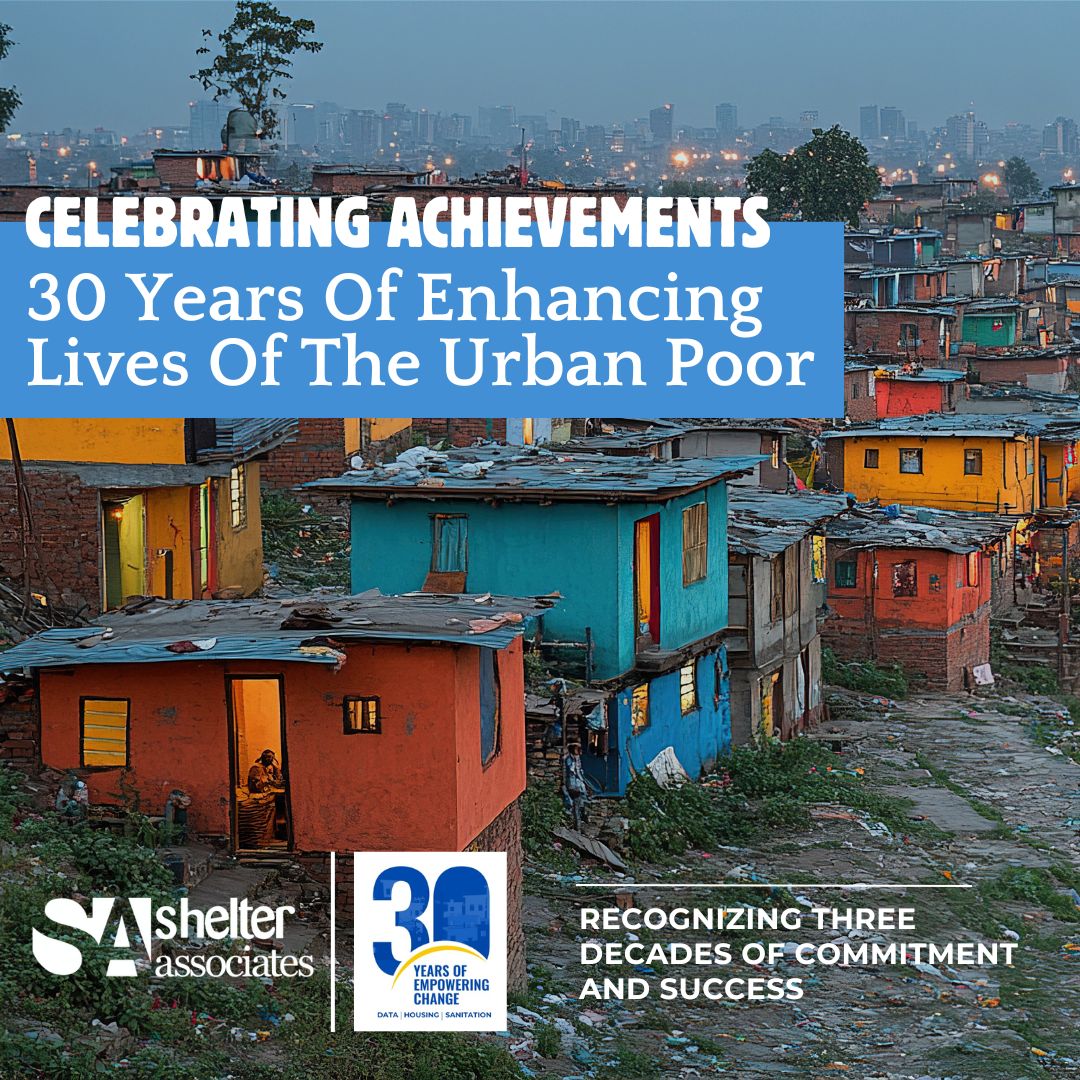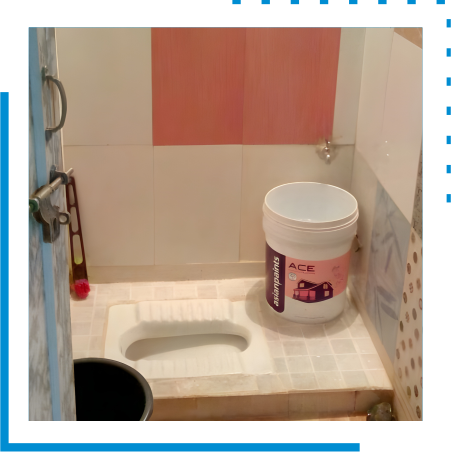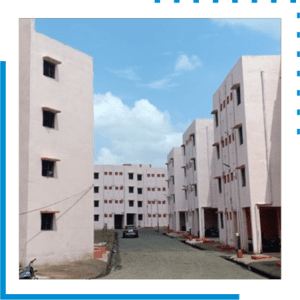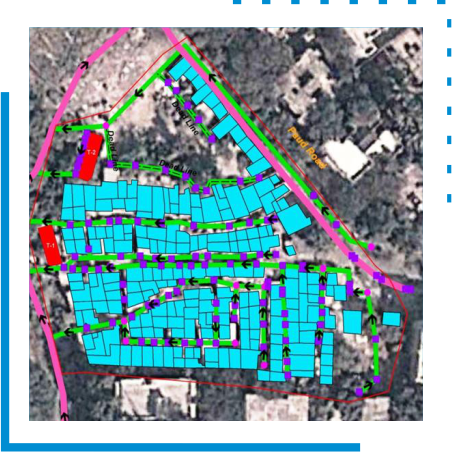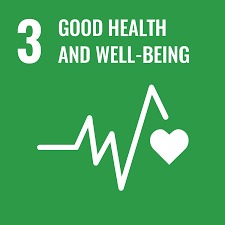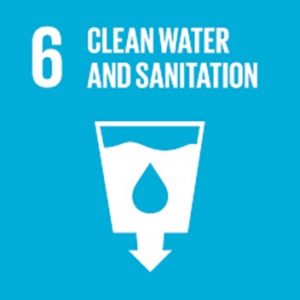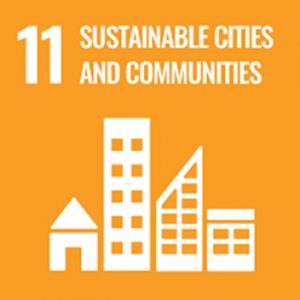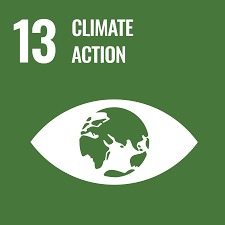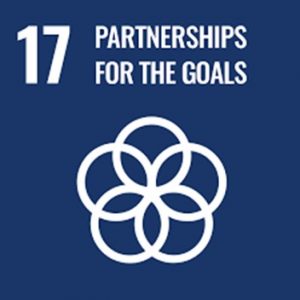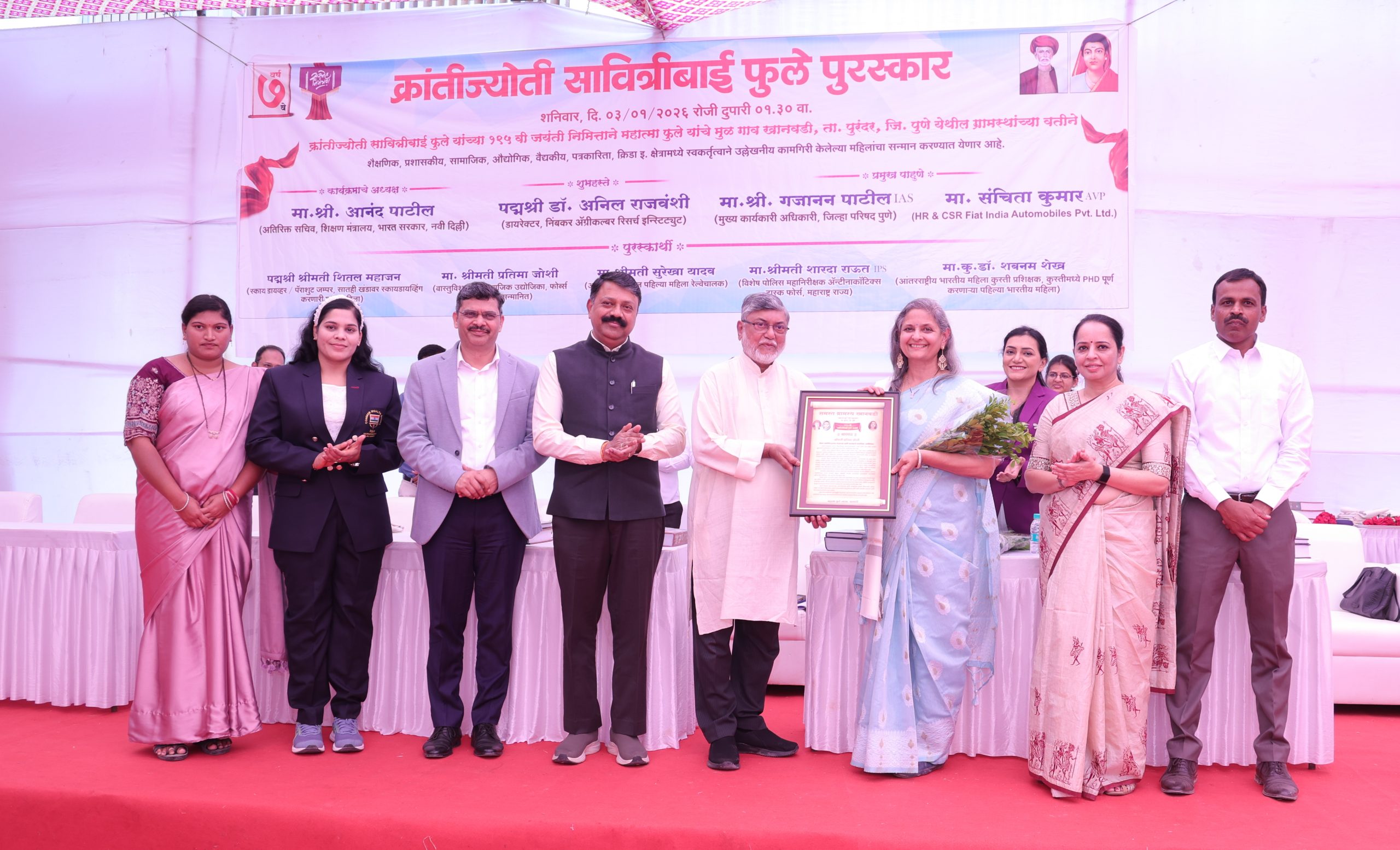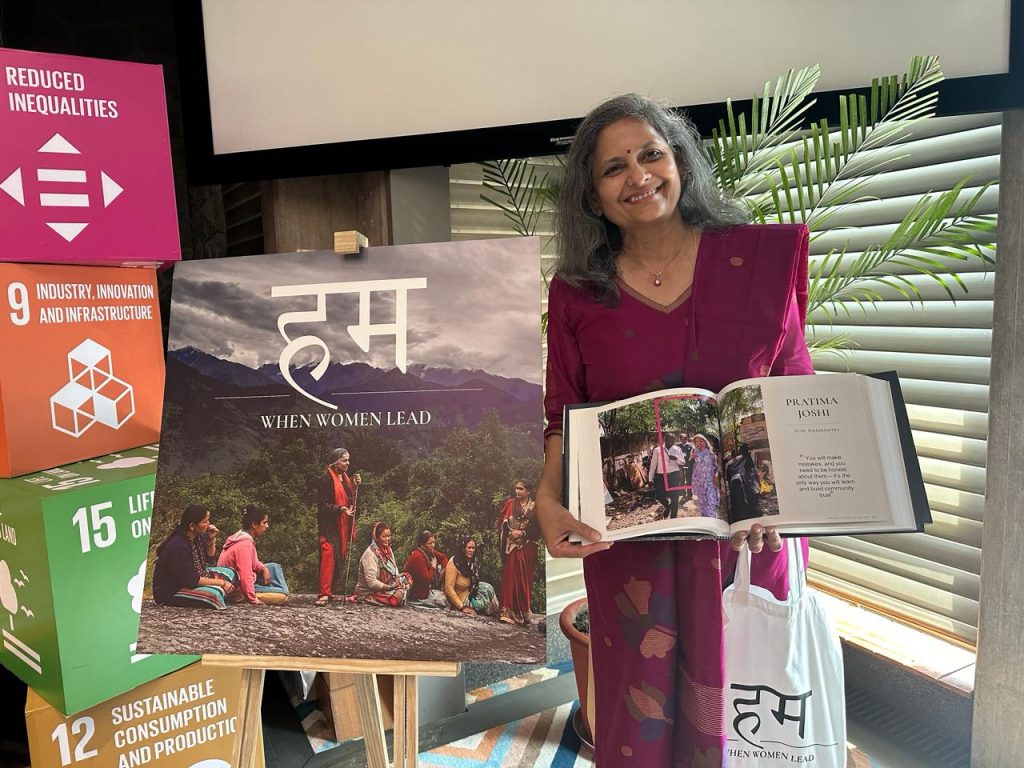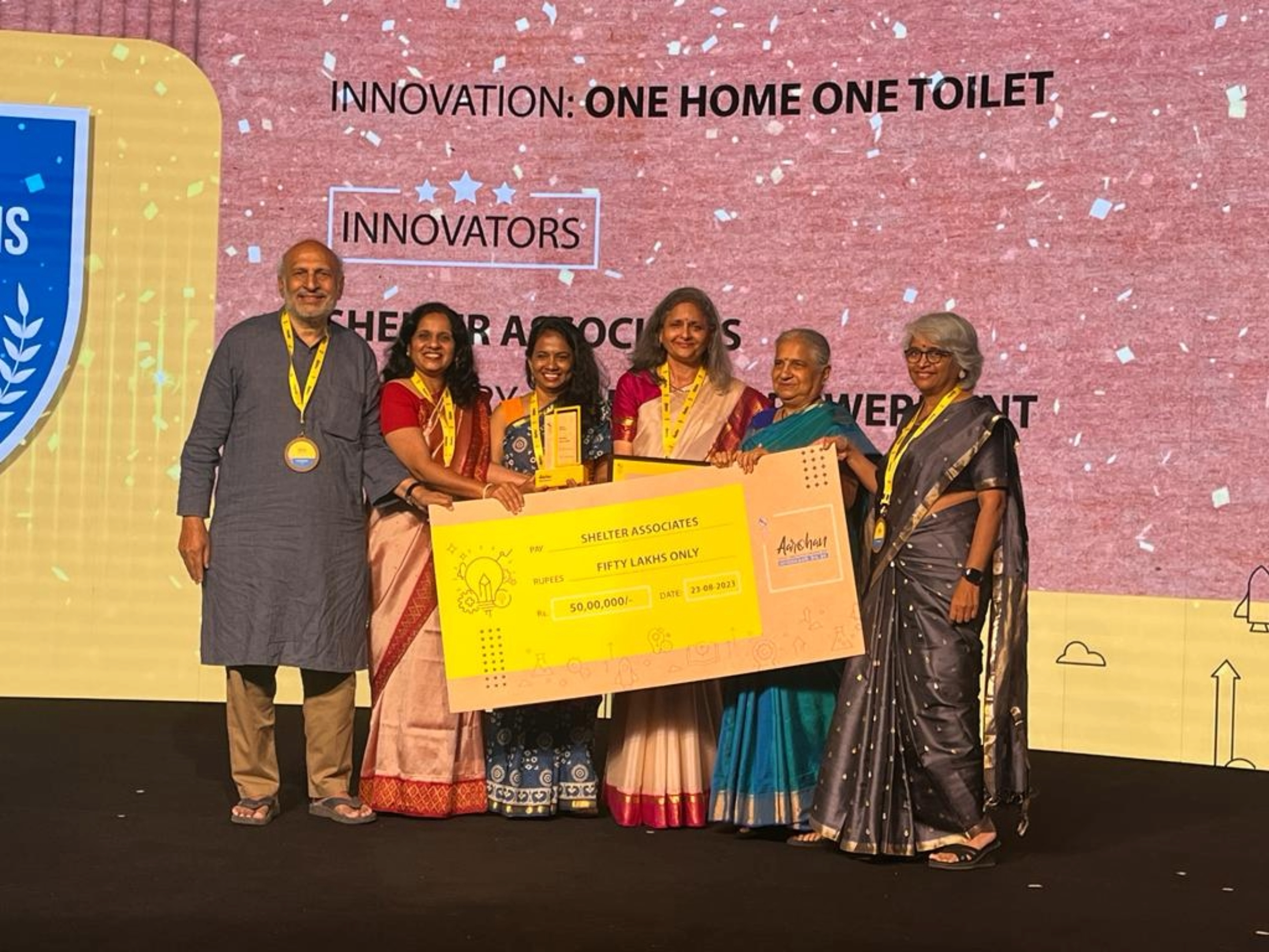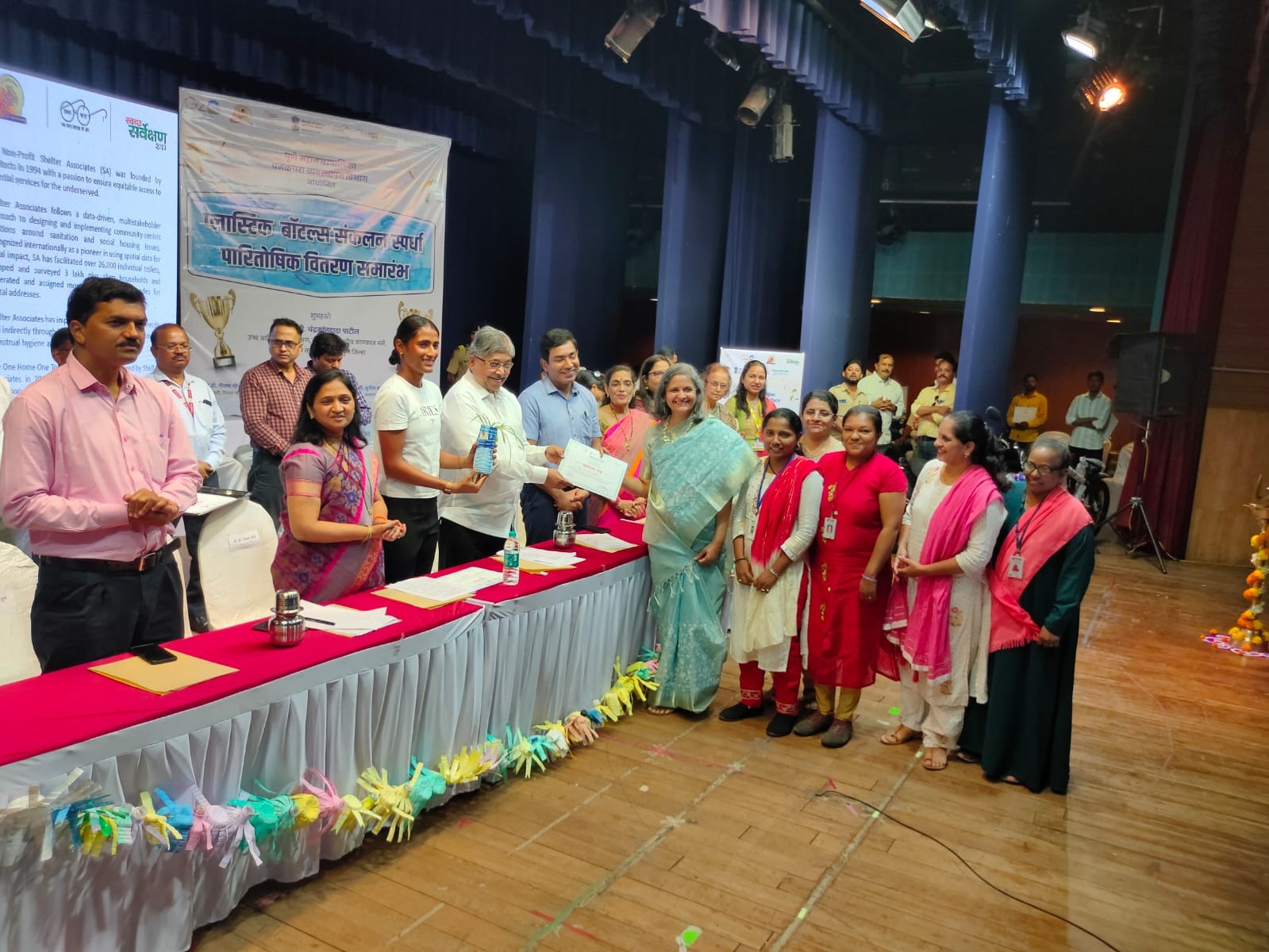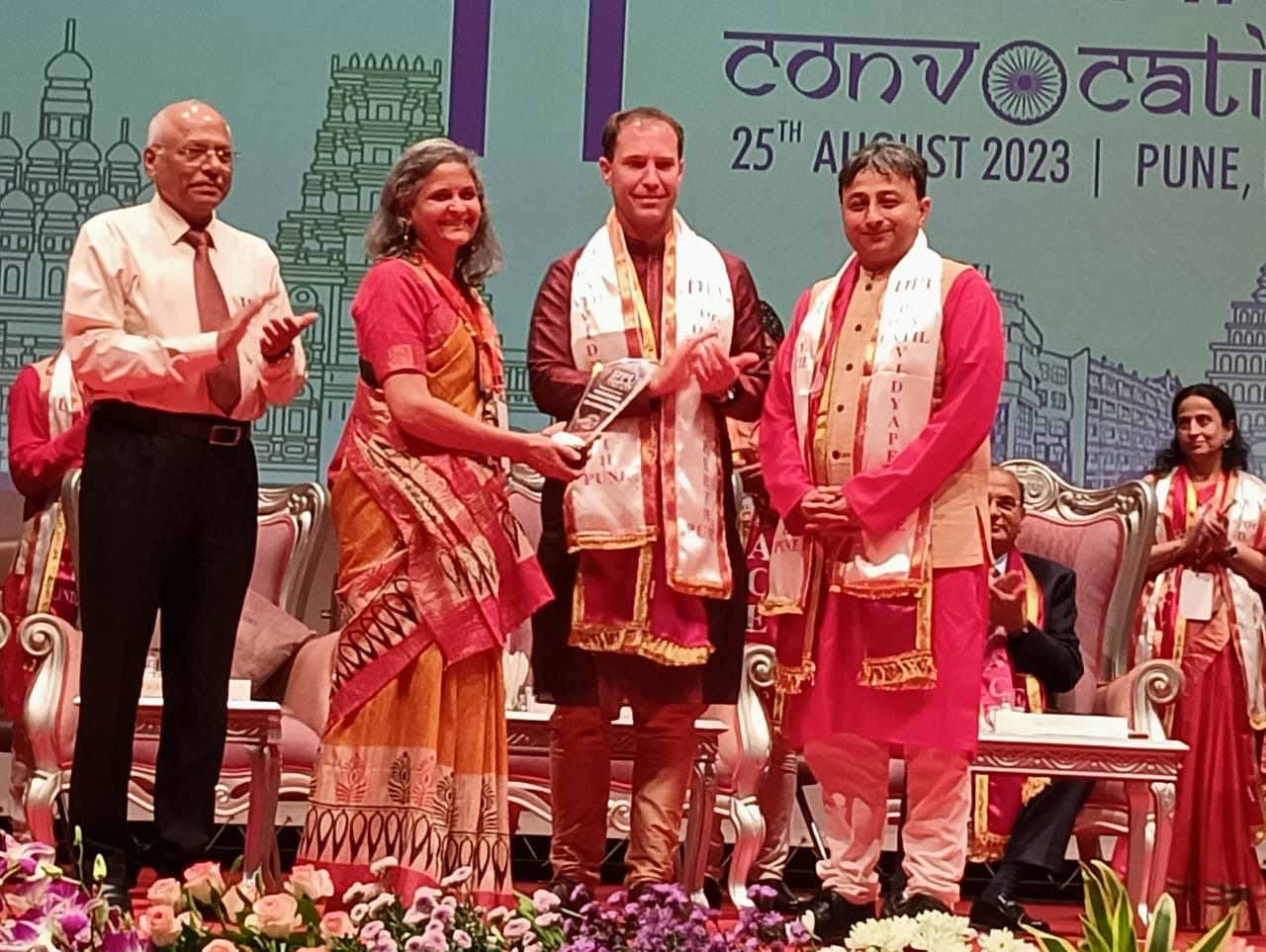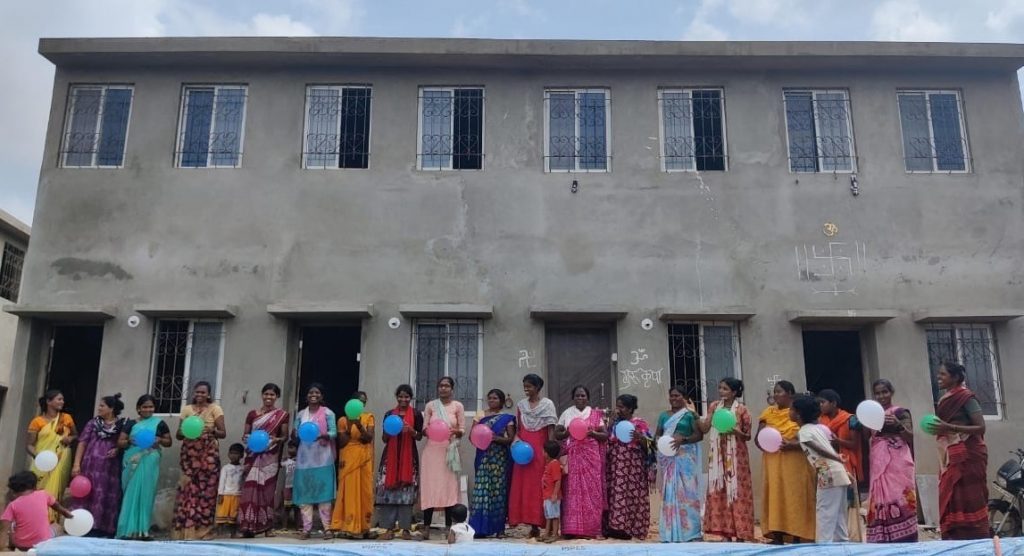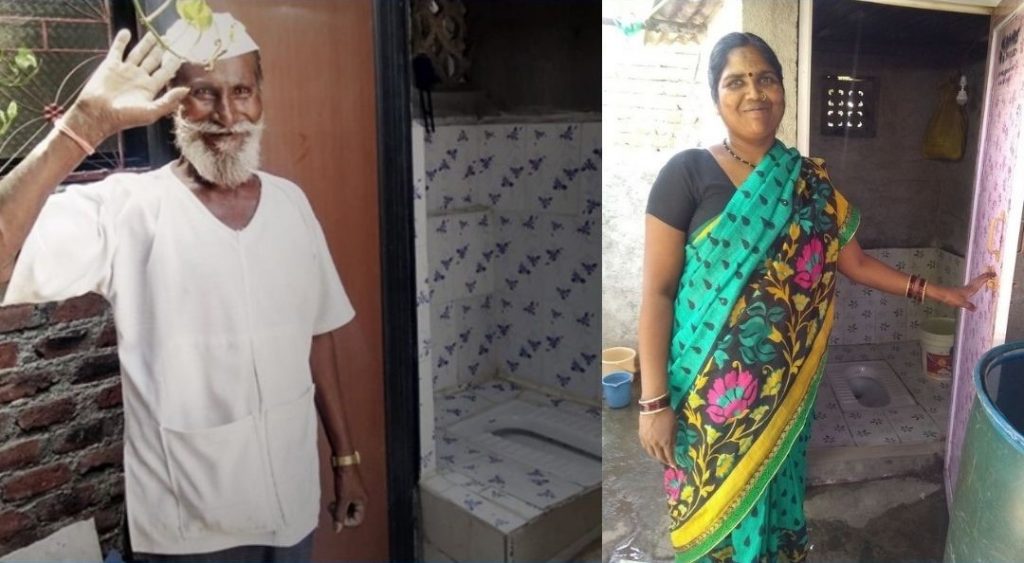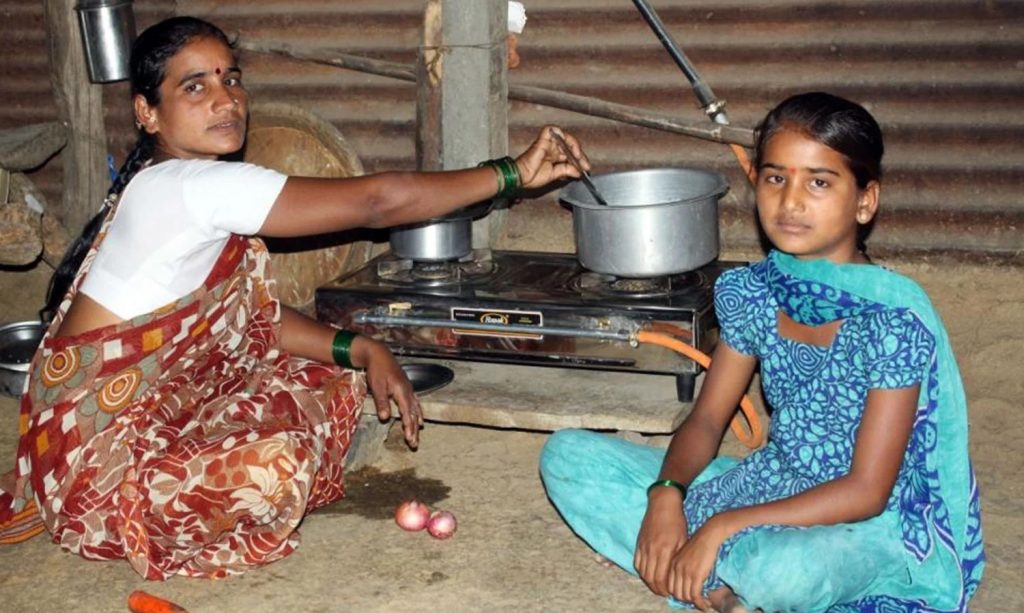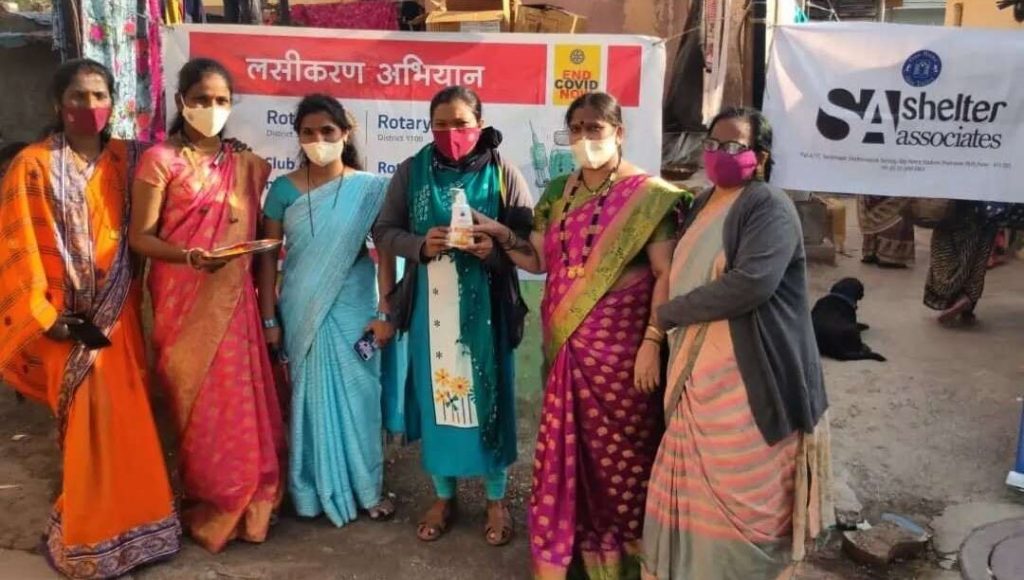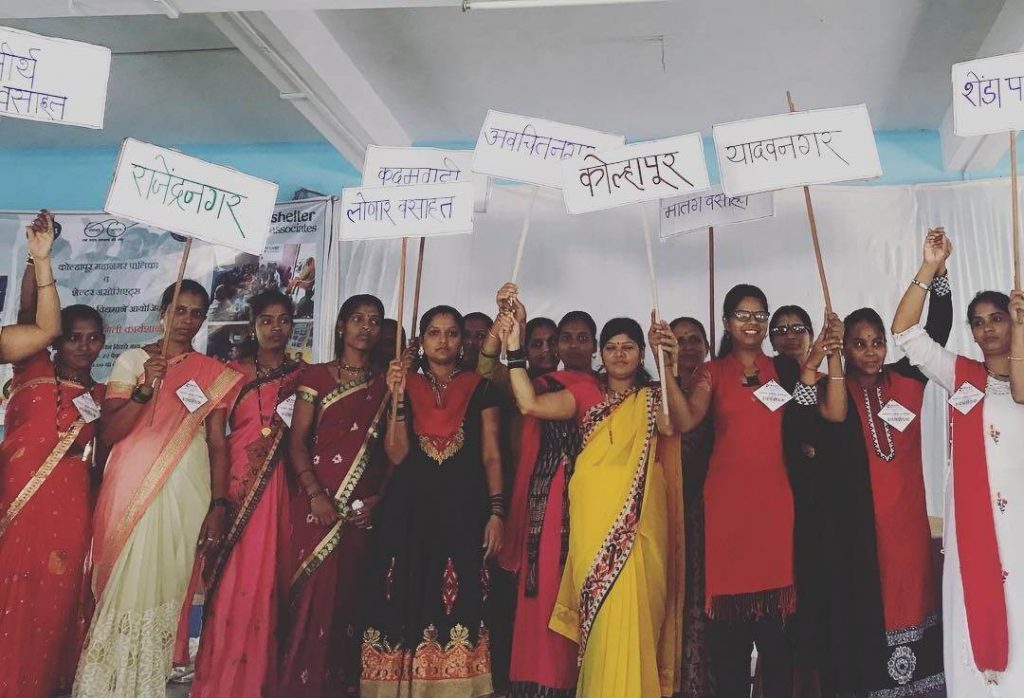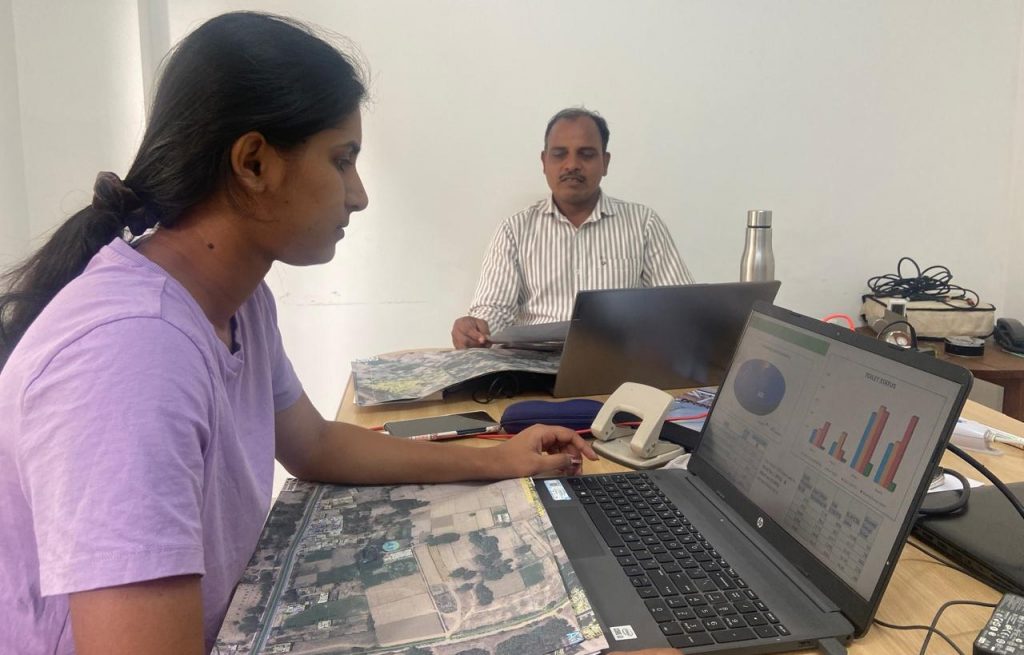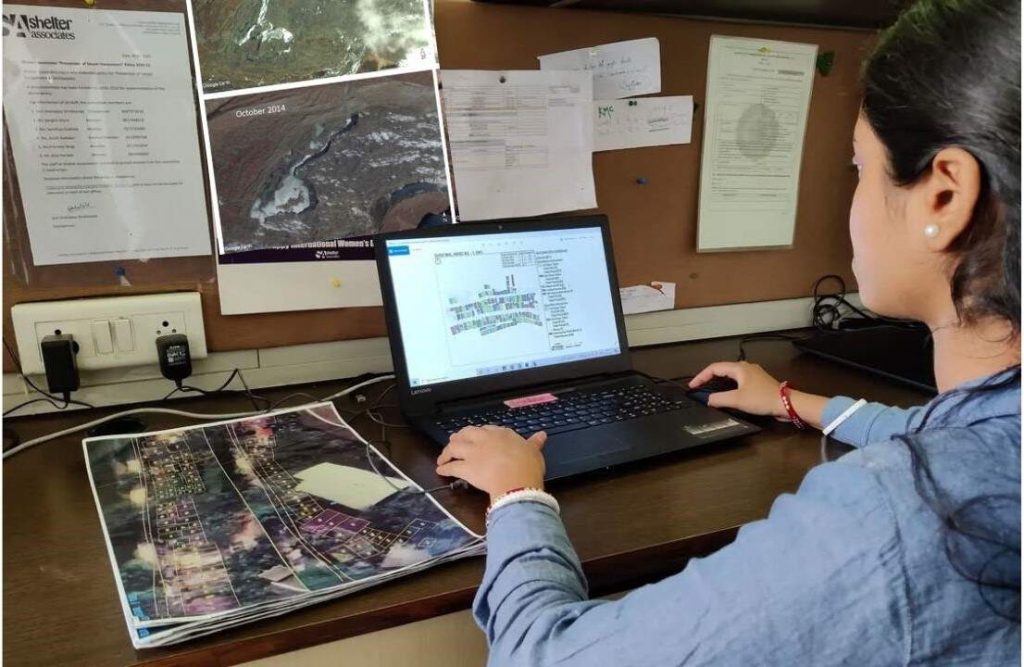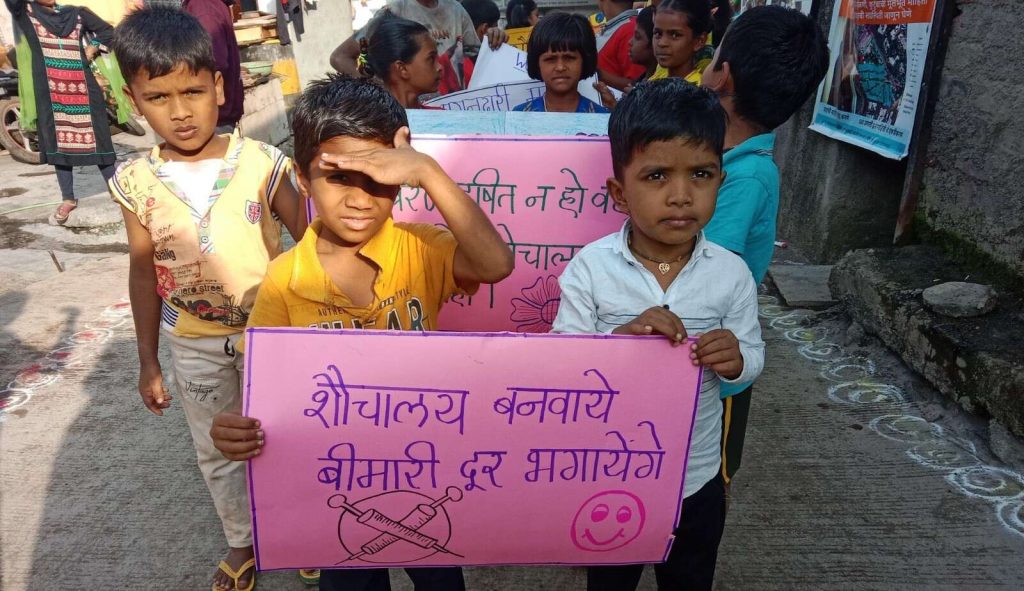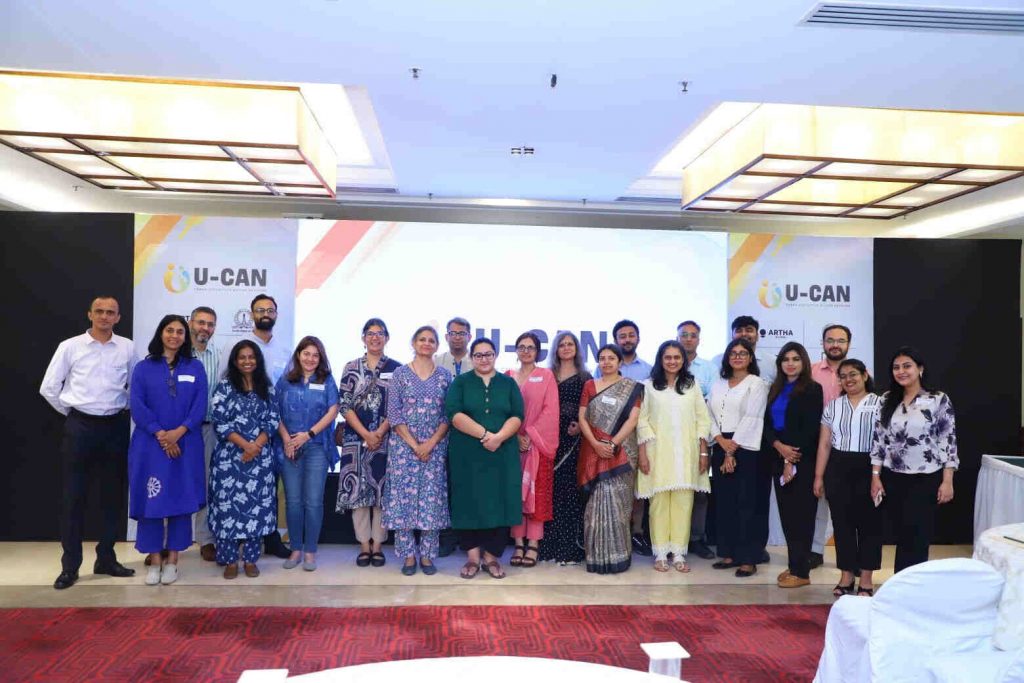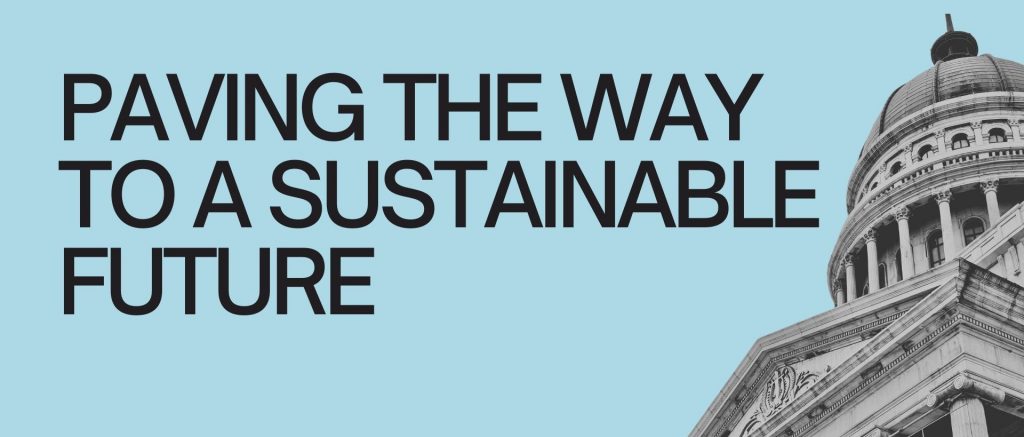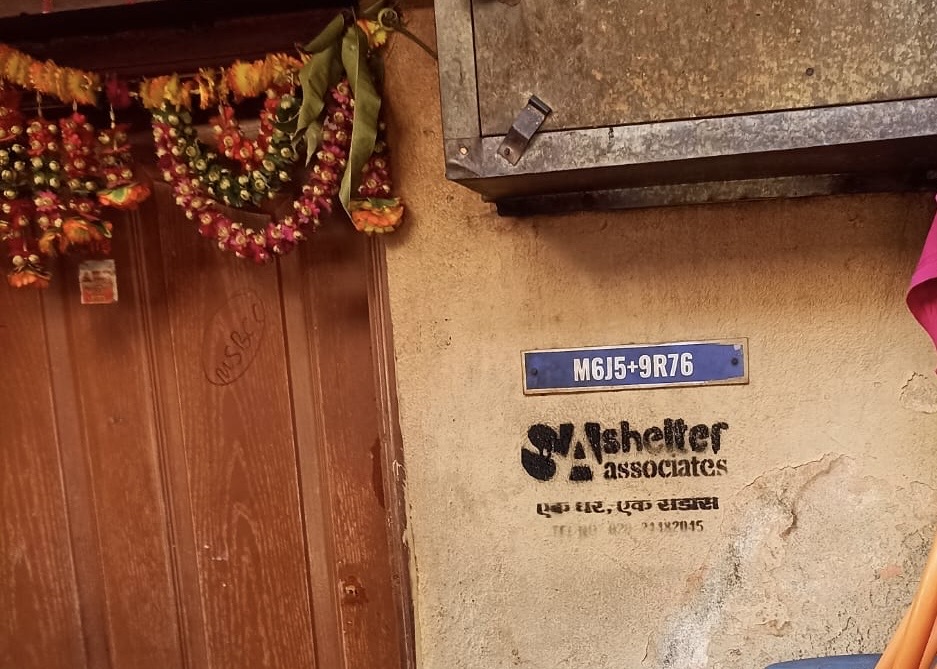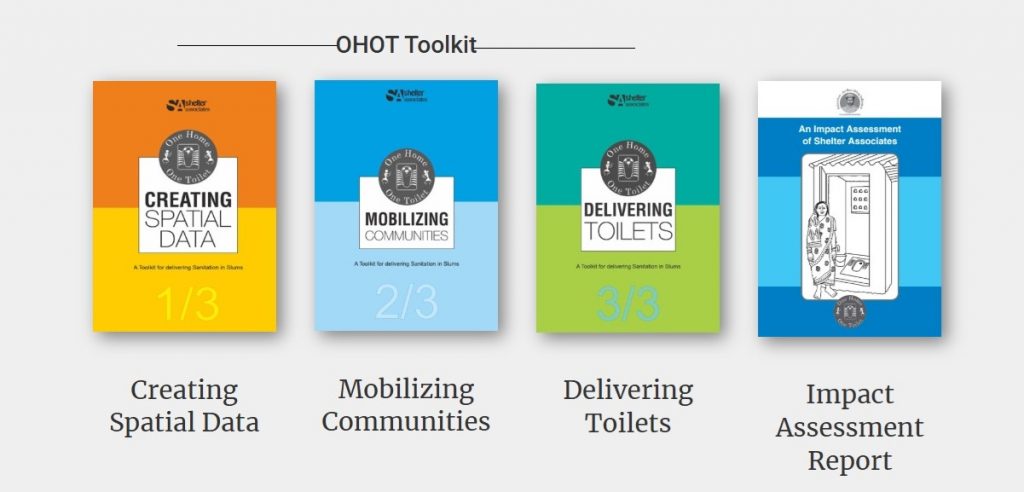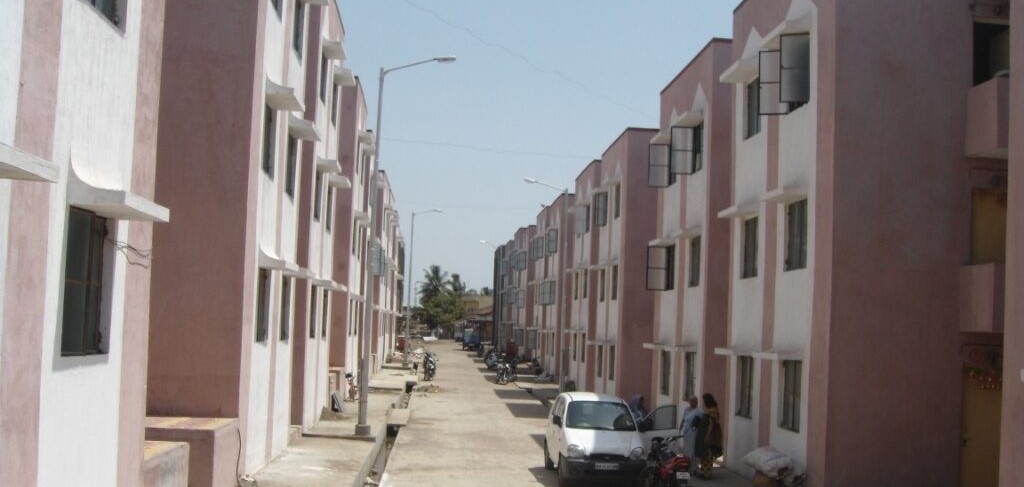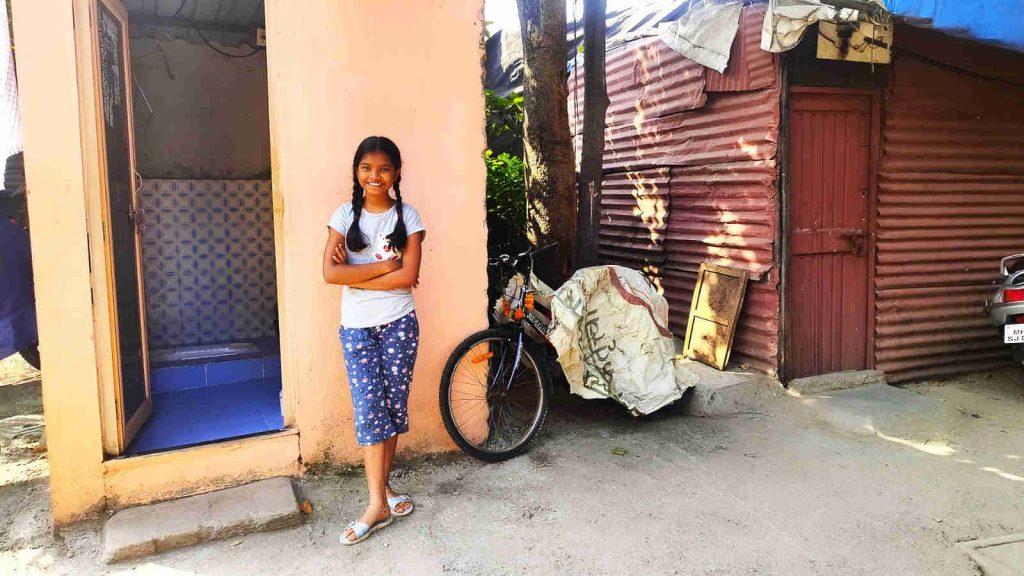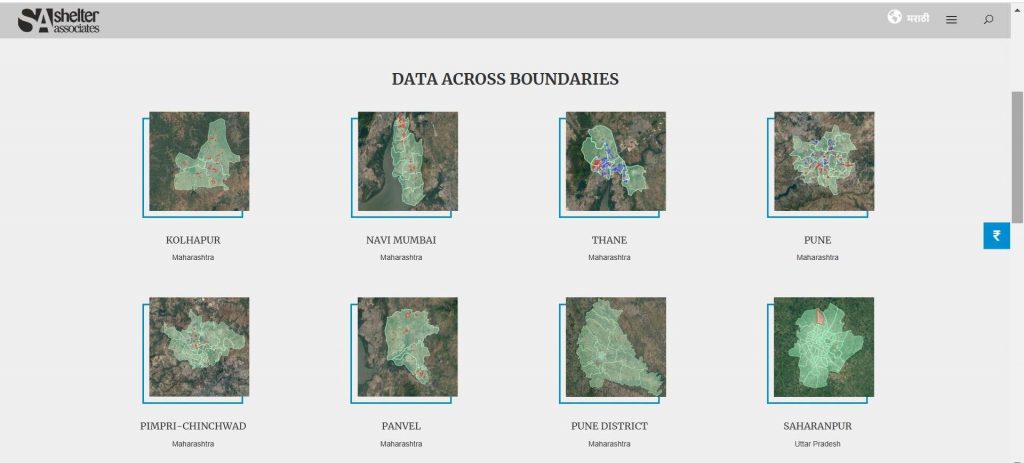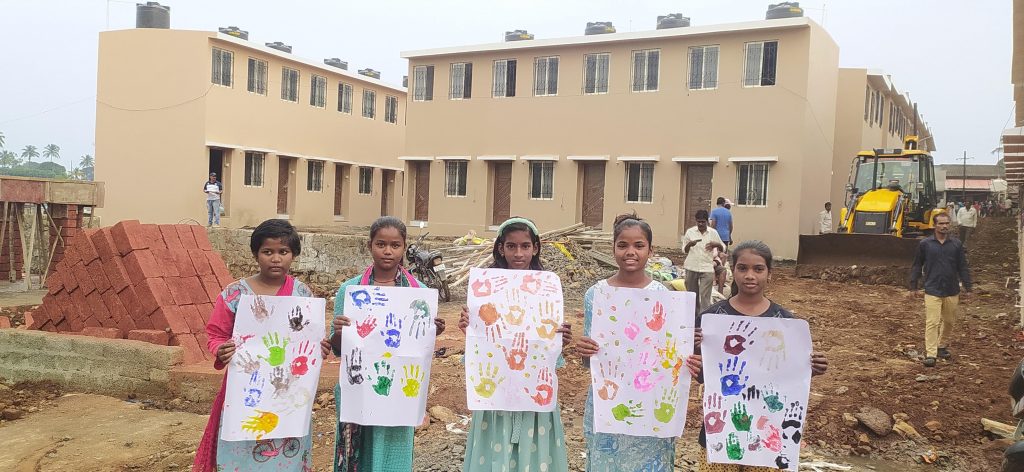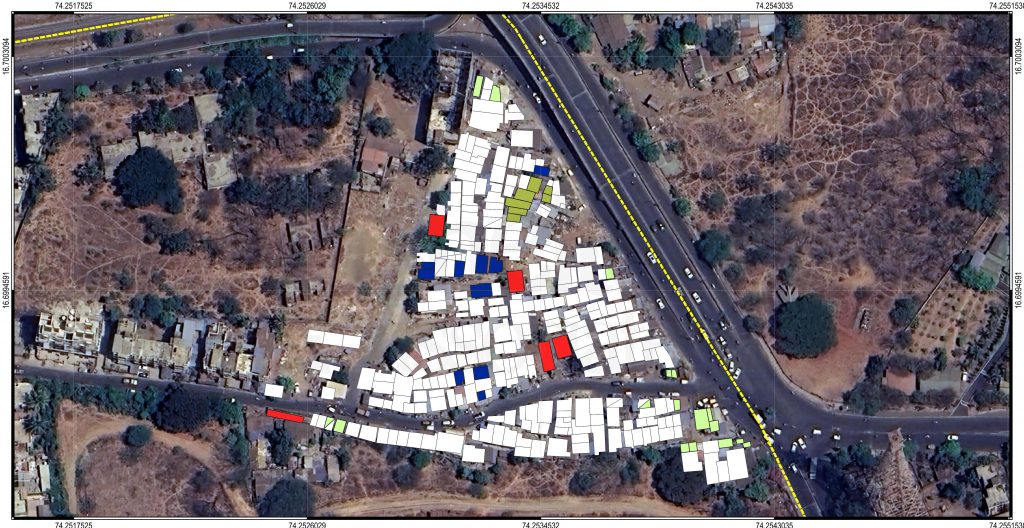ENHANCING LIVES
OF THE URBAN POORCelebrating 30 Years Of Success
30 years ago, we started with a dream and a vision. Today three decades later, we are celebrating success, growth, and unforgettable moments! We are proud to have played a significant role in transforming the lives of urban poor communities through innovative approaches in housing, sanitation, and data-driven solutions. Pioneering the use of GIS technology for slum mapping, we have empowered over 100,000 households with digital addresses, ensuring dignity, inclusion, and access to essential services. Our “One Home One Toilet” model has improved hygiene and health for over 200,000 individuals, fostering generational behaviour change. By involving communities in participatory housing design and leveraging data to inform urban planning, we have rehabilitated families into secure homes, promoted social and economic mobility, and influenced national housing policies. Our collaborative, holistic approach continues to inspire hope and create sustainable change.
Focus Areas
Sanitation
Our robust model identifies critical gaps in slum sanitation and facilitates individual toilets to slum dwellers, while creating behavioral change in communities around Wash, waste segregation and menstrual hygiene…Know More
Housing
Not just affordable housing, we ensure land rights and security of tenure while involving communities in designing fully-functional, liveable homes completing the transformation from slums to societies…Know More
Data
We have pioneered the use of Geographic Information System (GIS) technology for poverty mapping in the late 90’s and use spatial data to improve the delivery of essential services in urban slums.. Know More
OUR Story
A passion to transform the lives of the urban poor drove architect Pratima Joshi and her two friends to lay the foundation of Shelter Associates (SA) 3 decades back. Using the objective strength of data and sensitivity lent by deep community engagement, SA creates a level playing field where multiple stakeholders can easily collaborate to achieve a shared vision of equitable access to essential services. This changes the power dynamic and the communities becomes equal partners in this continuously evolving story of urban development.
Building communities through Mobilization
The urban slum communities are our partners in this journey of ensuring equitable distribution of rights and essential services to all. We engage with them through a host of educational and empowering developmental activities. Different types of formal and informal activities are conducted that are impacting individuals of all age groups and genders. Also, innovative IEC Materials are developed to further involve the communities in a fun and engaging way..

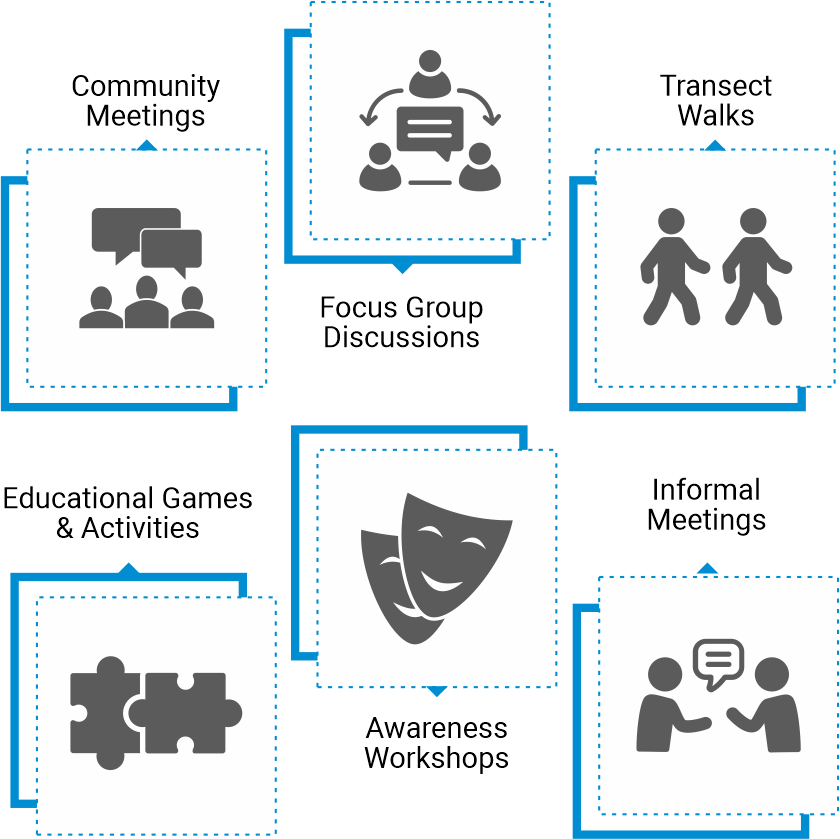
We contribute to the following Sustainable Development Goals
latest happenings
testimonials
“Kolhapur has demonstrated what’s possible when city administration, NGOs, and communities come together with a shared vision. Bondrenagar is more than a housing project it’s a blueprint for collaboration, dignity, and systemic change,”
“Due to my old age, my granddaughter would assist me to the community toilet. I worried for her safety. I am extremely grateful to Shelter Associates who came as a blessing and solved my biggest problem by giving us a toilet at our home.”
“The One Home One Toilet model is robust and can be scaled easily to other urban areas within the country. With SA’s and Pune Municipal Corporation’s partnership, we are confident of achieving the targets under Swachh Bharat Abhiyan.”
“Pratima Joshi and Shelter Associates have been one of our amazing NGO partners who have educated us on the social sector space and the importance of data and technology to create social impact. Pratima Joshi is a super inspiring woman and Founder.”
Videos
Our Partners
Shelter Associates
SA was founded by architects in 1994 with a passion to ensure equitable access to essential services for the urban poor. SA follows a data-driven, multistakeholder approach to designing and implementing community-centric solutions around sanitation and social housing issues. Know More
Subscribe to our Newsletter!
Contact
+91 8087607545
info@shelter-associates.org
'Kanha', Plot. no. 340, lane no. 18, Mahatma Society, Kothrud, Pune - 411038

